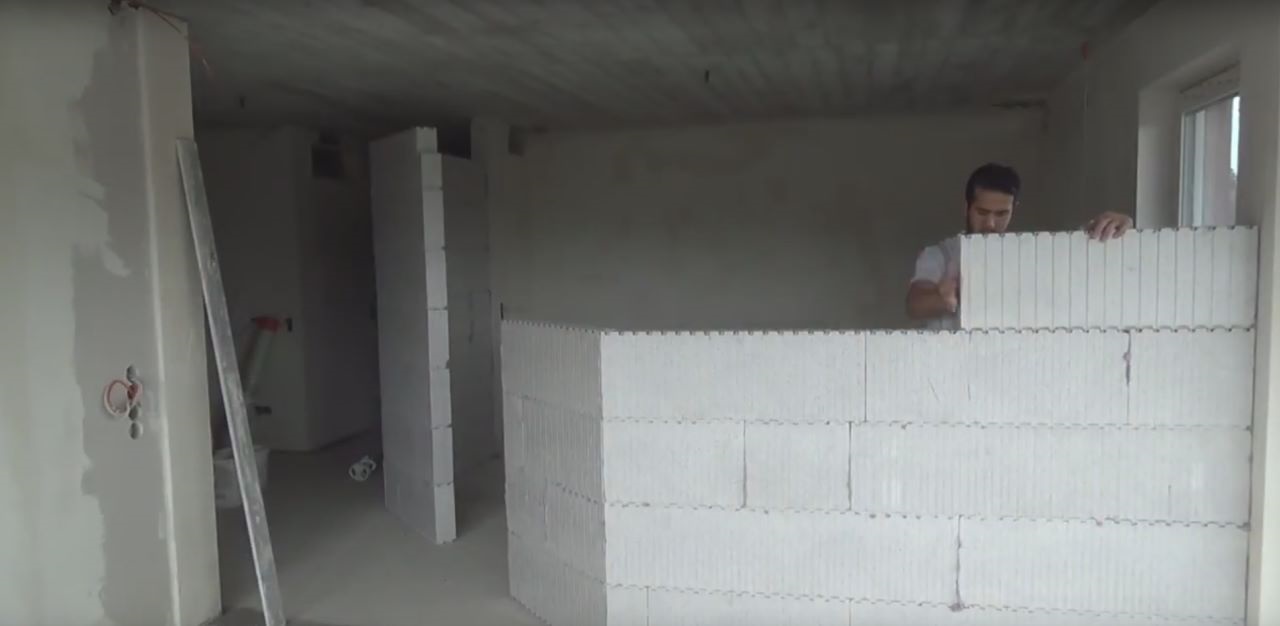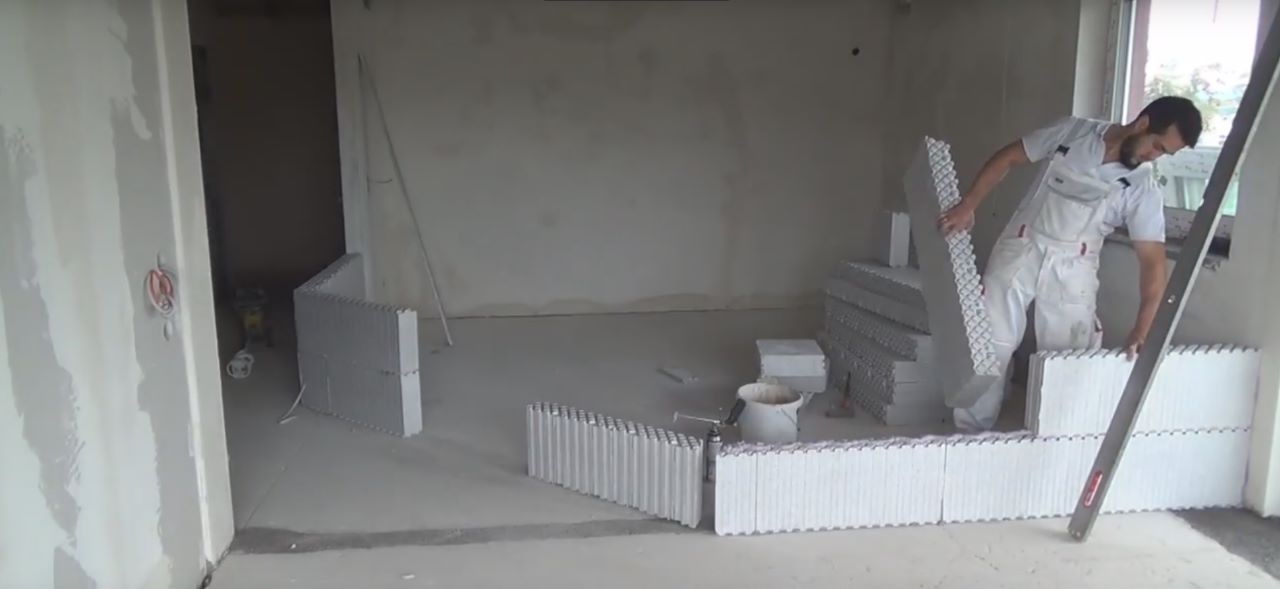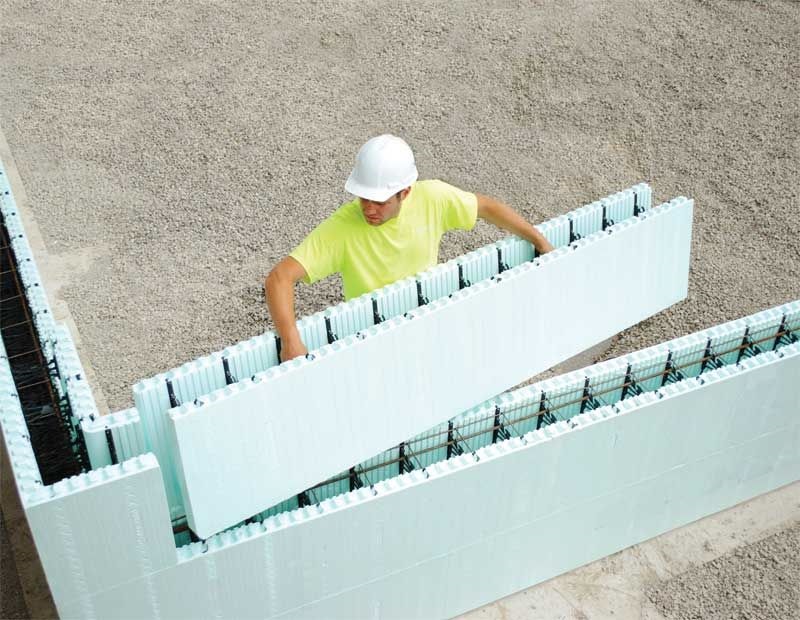STYRO EPS BLOCKS
Styro block is designed to reduce the impact of temperature changes on your indoor environment. Energy efficiency with Styro EPS Blocks. Styro EPS blocks, also known as Expanded Polystyrene blocks, are versatile and lightweight materials used in various industries. These foam blocks offer exceptional insulation properties, durability, and ease of use. In this article, we will explore the meaning of EPS Styro, delve into the characteristics of EPS foam blocks, discuss their wide-ranging applications, and provide insights into their sizes and dimensions.
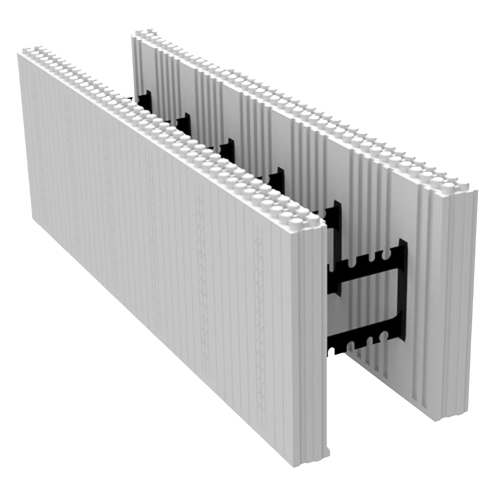
What Does EPS Mean Styro?
Expanded Polystyrene (EPS) is a lightweight cellular plastic material derived from styrene monomer. The term “Styro” is often used informally to refer to EPS foam due to its association with the Dow Chemical Company’s trademarked product, Styrofoam®. However, it’s important to note that Styrofoam® is a specific brand name and not all EPS foam is Styrofoam®.
What are Styro EPS Blocks?
EPS foam blocks are produced by expanding small polystyrene beads using steam and a blowing agent. This expansion process creates a closed-cell structure with air-filled voids, resulting in a lightweight and rigid material. The foam blocks typically have a smooth surface, are available in various densities, and can be easily cut into desired shapes and sizes.
EPS foam blocks are known for their exceptional insulating properties. The closed-cell structure of the foam traps air, making it an effective barrier against heat transfer. This thermal resistance contributes to energy savings and temperature control in various applications.
EPS foam blocks also possess other desirable characteristics. They are moisture-resistant, making them suitable for both indoor and outdoor use. The foam is resistant to mould, mildew, and rot, ensuring long-term durability. Additionally, EPS foam blocks are non-toxic and chemically inert, making them safe for use in various industries, including food packaging and medical applications.
What Are EPS Blocks Used For?
EPS blocks find extensive applications in different industries due to their unique characteristics and versatility. Some common uses of EPS blocks include:
Packaging:
EPS blocks are widely used for packaging fragile and sensitive items such as electronics, appliances, and medical equipment. The foam’s cushioning properties provide excellent shock absorption and protection during shipping and handling. Additionally, EPS blocks are resistant to moisture, ensuring the integrity of the packaged goods. The lightweight nature of EPS foam also helps reduce shipping costs.
Construction:
EPS foam blocks are employed in the construction industry for insulation purposes. These blocks act as a thermal barrier, reducing heat transfer and enhancing energy efficiency in buildings. They are commonly used in wall insulation, roofing systems, and insulated concrete forms (ICFs). EPS blocks used in construction are typically denser and offer higher compressive strength. They are also fire-resistant and contribute to sound insulation.
Props and Sets:
The lightweight nature of EPS blocks makes them ideal for creating props and sets in the entertainment industry. The blocks can be easily sculpted, carved, and painted to resemble various objects, scenery, or architectural elements. Whether for theatre productions, movie sets, or themed events, EPS blocks provide a cost-effective solution for achieving realistic and visually striking designs. Additionally, the foam’s durability ensures that the props and sets withstand repeated use.
Floatation Devices:
EPS blocks’ buoyancy and water resistance make them suitable for crafting floatation devices such as pontoons, docks, and buoys. These blocks provide stability and support in marine applications, ensuring structures stay afloat and withstand the effects of water and weather conditions. EPS foam’s resistance to corrosion and degradation in water makes it a reliable choice for marine environments.
3D Modeling and Prototyping:
EPS blocks serve as a popular material for 3D modelling, prototyping, and mould-making due to their ease of shaping, smooth finish, and cost-effectiveness. Whether in the automotive, aerospace, or product design industries, EPS blocks provide a reliable medium for creating accurate models and prototypes. The foam’s lightweight nature also facilitates easy handling and transportation of large-scale models.
Conclusion:
Styro EPS blocks, or Expanded Polystyrene blocks, offer immense value and versatility in various industries. Their lightweight, insulating, and customizable properties make them indispensable for packaging, construction, entertainment, marine applications, and prototyping.
By understanding the meaning, characteristics, uses, and sizes of EPS foam blocks, businesses and individuals can make informed decisions when choosing this exceptional material for their specific needs. With its wide-ranging benefits, Styro EPS blocks continue to be a go-to solution for efficient and sustainable packaging and construction practices.
MORE
Homeowners are placing a growing emphasis on two interconnected factors: temperature regulation and energy efficiency. With Thermopore EPS Blocks, you can efficiently control the temperature in your home while enjoying substantial savings on your electricity expenses. Styro-EPS Blocks excel in providing exceptional heat insulation, enabling you to maintain a consistent interior temperature undisturbed by external fluctuations. Moreover, they effectively prevent the infiltration of harmful air, ensuring improved air quality and ultimately leading to greater energy conservation.
Technical Data
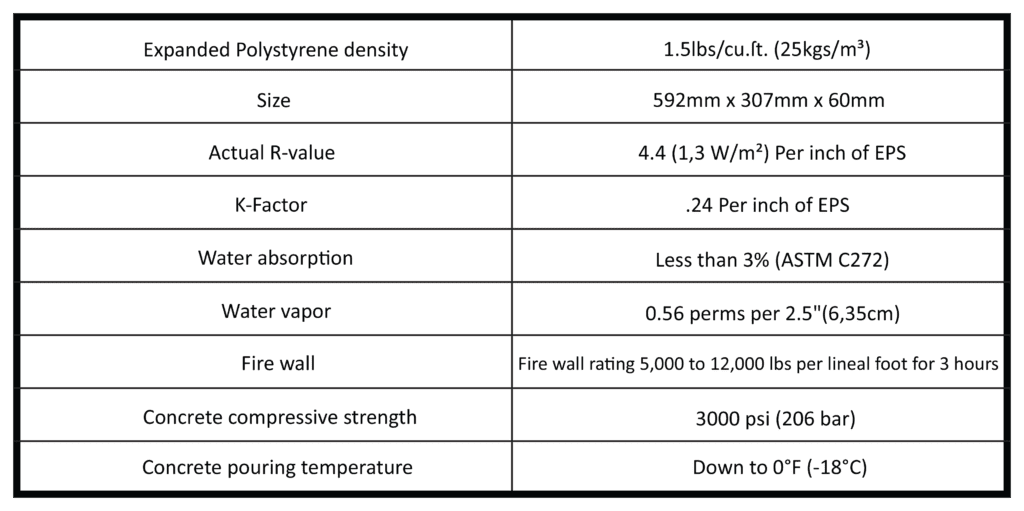
STYRO EPS BLOCKS SIZES
